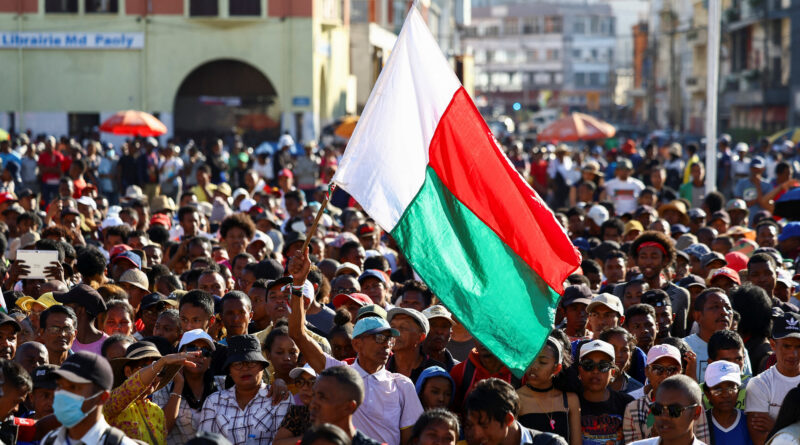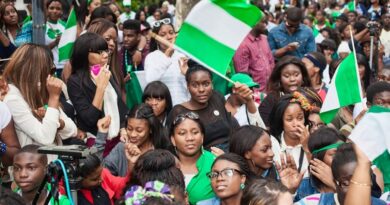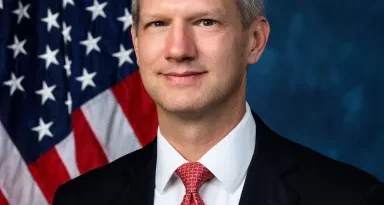Church Leaders Urge Peace Amid Madagascar Gen Z Protests
Church leaders in Madagascar have called for peace, dialogue, and the protection of life following weeks of youth-led protests that have left at least 22 people dead and caused widespread destruction.
The unrest, which began in late September, was triggered by persistent electricity cuts and water shortages in the capital, Antananarivo. It has since grown into a broader movement demanding lower living costs, better access to education, and investigations into alleged corruption within the government.
The protests, largely driven by Generation Z demonstrators, have spread across several cities. Similar youth-led movements have recently emerged in Kenya and other parts of Africa.
Rev. Dinah Ratsimbajaona, president of the Madagascar Evangelical National Alliance, described the situation as “uncertain and unstable.” He said daily life has been disrupted as many shops and banks remain closed, leaving citizens struggling to access basic needs.
Ratsimbajaona noted that some churches have suffered damage during the unrest. Despite the tension, he said the Church remains focused on praying, helping where possible, and urging restraint from all sides. He emphasized that no unified church group has taken a political position, calling instead for peace, stability, and compassion for those affected.
ALSO READ: One Dead, 100 Injured in Peru Anti-Crime Protests
The Council of Christian Churches in Madagascar, known as FFKM, which brings together Catholic, Anglican, Protestant Reformed, and Lutheran denominations, issued a statement on September 26 urging an end to violence. The group called for a national dialogue grounded in prayer, justice, and reconciliation.
Catholic bishops across the Indian Ocean also expressed solidarity with the Malagasy people. On September 29, the Malagasy Episcopal Church, led by the Right Rev. Samoela Jaona Ranarivelo, released a message calling for peace and stability. The Church described itself as a shepherd standing beside the Malagasy people who are suffering and oppressed.
In its statement, the Episcopal Church urged security forces to avoid using violence against protesters, saying freedom of expression is a fundamental right. It condemned the killings, the destruction of property, and the arrests of demonstrators, demanding the release of those detained for voicing their opinions.
The statement also appealed to citizens to remain united, avoid division, and seek peace through prayer and repentance. “Prayer changes things,” the Church said, urging believers across Madagascar to intercede for their nation.
According to the United Nations, the demonstrations have resulted in at least 22 deaths and more than 100 injuries. In response, President Andry Rajoelina dissolved his government and appointed an army general as the new prime minister.
Rajoelina has invited opposition and civic groups to dialogue, promising to step down within a year if power shortages persist. However, protest leaders have rejected his offer, calling it a “sham dialogue” and demanding his immediate resignation.
Madagascar’s church leaders have a long history of mediating political conflicts. The FFKM previously played a key role in negotiations during the 1991 pro-democracy protests against former President Didier Ratsiraka.
With tensions still high, Rev. Ratsimbajaona urged continued prayer for wisdom, justice, and peace to prevail in the country.
Content Credit: Ohidah Oluwaferanmi
Image Credit: reuters.com




